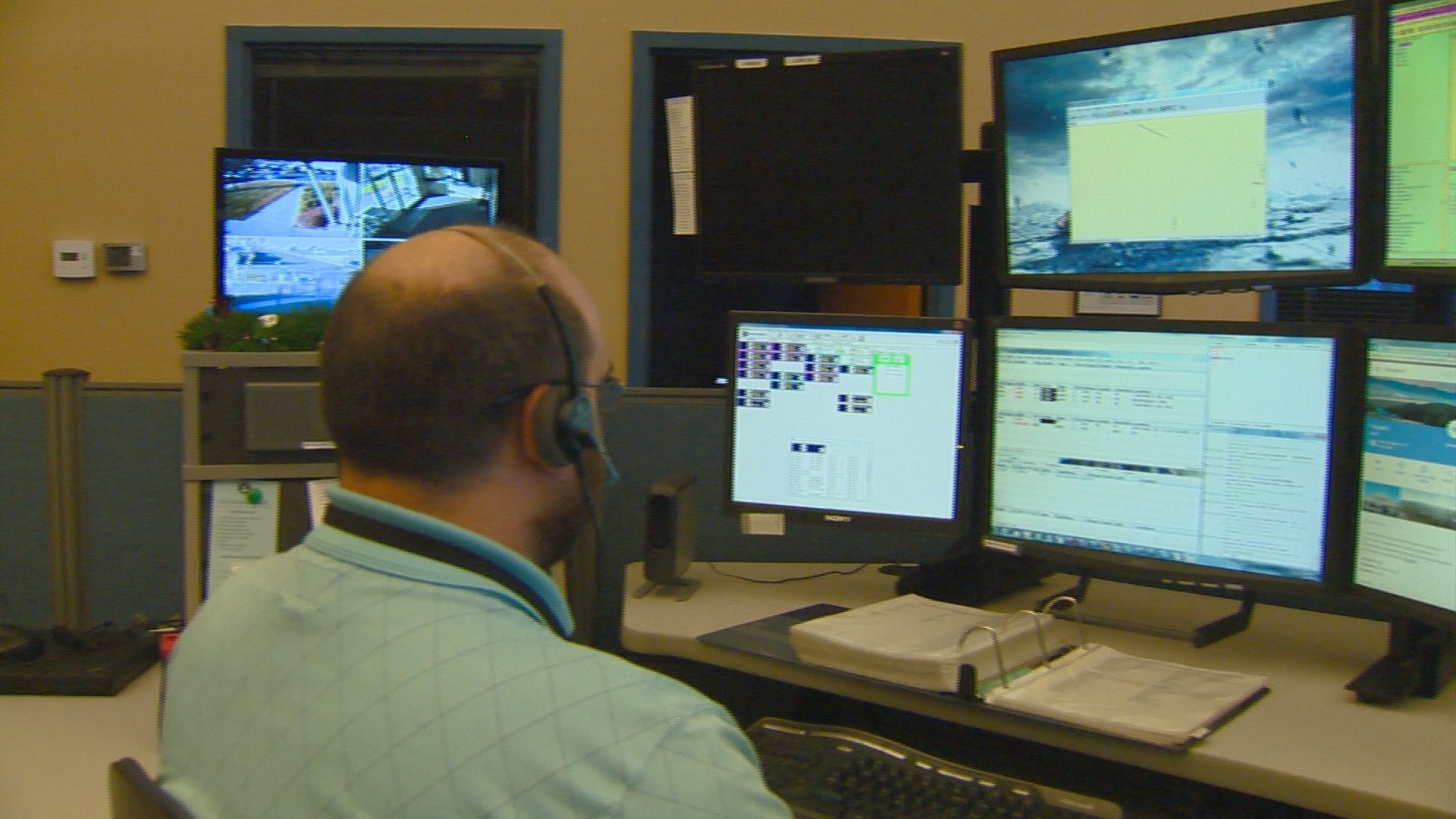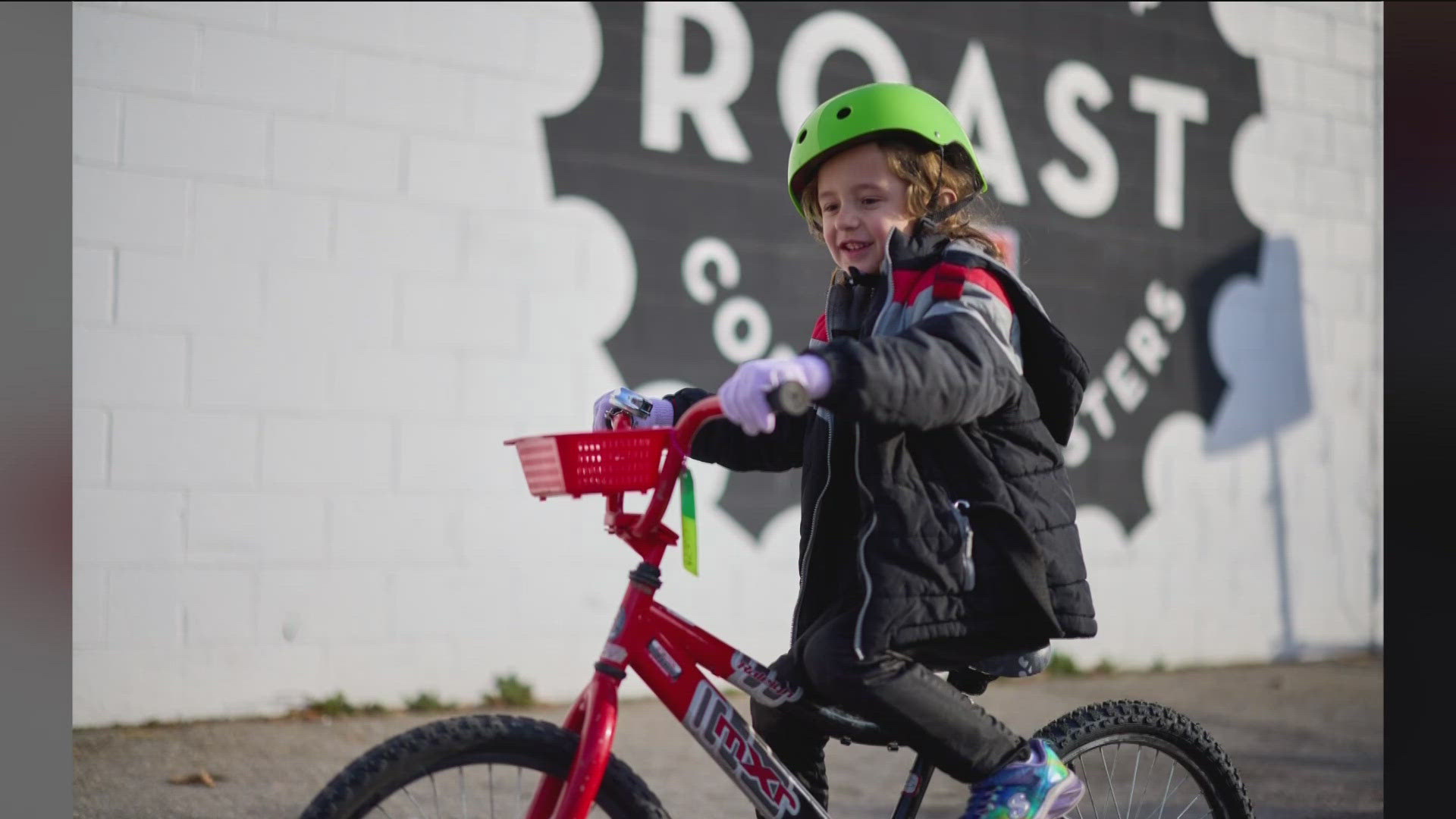When you call 911 it can be a life or death situation. So you hope the person on the other end of the phone knows what they're doing. However, in Idaho there is no state mandate requiring 911 dispatch training standards. It's something the 911 Dispatch Standards and Training Committee is looking to change.
Lt. Kevin Haight is the chairman of the 911 Dispatch Standards and Training Committee and he says, depending on the day, each dispatcher could processes hundreds of calls.
"They are first responders. They are providing life and safety instructions to these people until the boots on the ground can arrive," Haight said.
Idaho is one of only a handful of states that does not require their 911 dispatchers to go through training, much like that of a police officer or any other emergency responder.
Haight says agencies take it upon themselves to train their 911 dispatchers. At the Idaho State Police, a dispatcher will go through months of training before actually take a call. In Nampa, they'll do six months of shadowing and training before putting on a head set. All training that's not required by the state of Idaho. It's something the Standards and Training Committee is looking to change.
"See that the Legislature change that this next session. So that they are properly credentialed and properly trained just like they should be," Haight said.
The proposed legislation would require every 911 dispatcher to undergo one week, or 40 hours, of academy or online training in basic emergency dispatching. The training standard would also require a minimum of 40 hours of continuing education every two years.
"To be able to sit in a classroom and learn some of those call taking skills or to learn some of the radio discipline that a dispatcher needs to know. It not only gives you that knowledge, but also the confidence to do the job of a 9-1-1 dispatcher," Nampa 911 Dispatch Manager Carmen Boeger said.
The legislation will not increase any local or state taxes or fees. The money to pay for administrative costs to credential dispatchers will come from 911 dollars, which people pay for with their monthly phone bill. Agencies will also have to pay a tuition in order for their dispatchers to attend.
"In the chain of public safety the very first link in that chain is a 9-1-1 dispatcher; that's where everything, or nearly everything begins. If that link is broken the entire public safety chain does not operate the way it should," Haight said.
The initiative has also been supported by the Idaho Sheriff's Association and the Idaho Chiefs of Police Association.
The 2017 legislative session is set to begin on January 9th.


